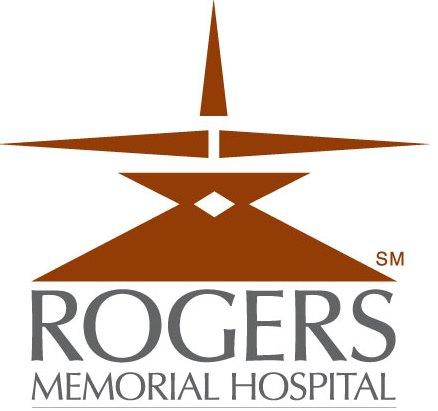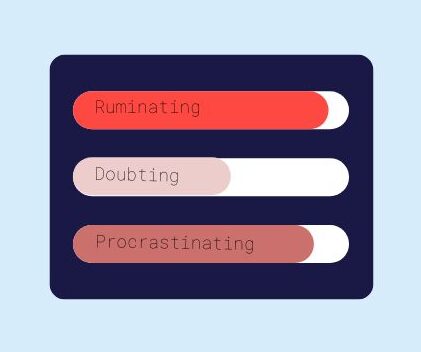 Every day, millions of children, teens and adults are affected by the overwhelming symptoms of obsessive-compulsive disorder (OCD) and anxiety disorder. Many are so filled with anxiety that they no longer have the ability to leave home, keep a job or maintain relationships with friends.
Every day, millions of children, teens and adults are affected by the overwhelming symptoms of obsessive-compulsive disorder (OCD) and anxiety disorder. Many are so filled with anxiety that they no longer have the ability to leave home, keep a job or maintain relationships with friends.
If you are one of these individuals, you may not know where to turn and just want to have a fulfilling life where you—not your OCD—are in control. At Rogers Behavioral Health, people understand the challenges you and your family are going through and their residential OCD Center has an experienced team of professionals who are ready to help. With various level of OCD and anxiety programming, this program can provide a continuum of care to help you transition through your journey to wellness.
But what makes this treatment different? Rogers Memorial has a 100-year legacy of psychiatric service and they use therapies that are proven to work. For many years, it was believed that there was no treatment for OCD or anxiety. With the help of research, we now know that an effective therapeutic method exists. It’s called cognitive behavioral therapy (CBT), emphasizing exposure and response prevention (ERP).
ERP, a component of CBT, is the most important aspect of treatment. With the help of your care team, you’ll develop an individualized hierarchy, or a list of feared situations from least to most anxiety-inducing. Over time, you’ll work your way up your hierarchy while refraining from using your compulsion, or a repeated act you use to reduce anxiety. Through this repetitive and gradual exposure, you’ll realize you have the power to ride out your anxiety, without acting on your compulsion.
CBT is proven to be a successful therapeutic method for individuals with OCD or anxiety. With this technique, you’ll explore the connections between your thoughts, emotions and behaviors. Once identified, you’ll discuss where you have room for change and growth.
At Rogers Behavioral Health, CBT has also been shown to be useful for treating other mental health concerns, such as depression and mood disorders, alcohol or drug abuse, posttraumatic stress disorder (PTSD) and eating disorders.
For more information on the residential OCD Center, contact Barry Thomet, local outreach representative, at 262-646-1347 or bthomet@rogershospital.org.







